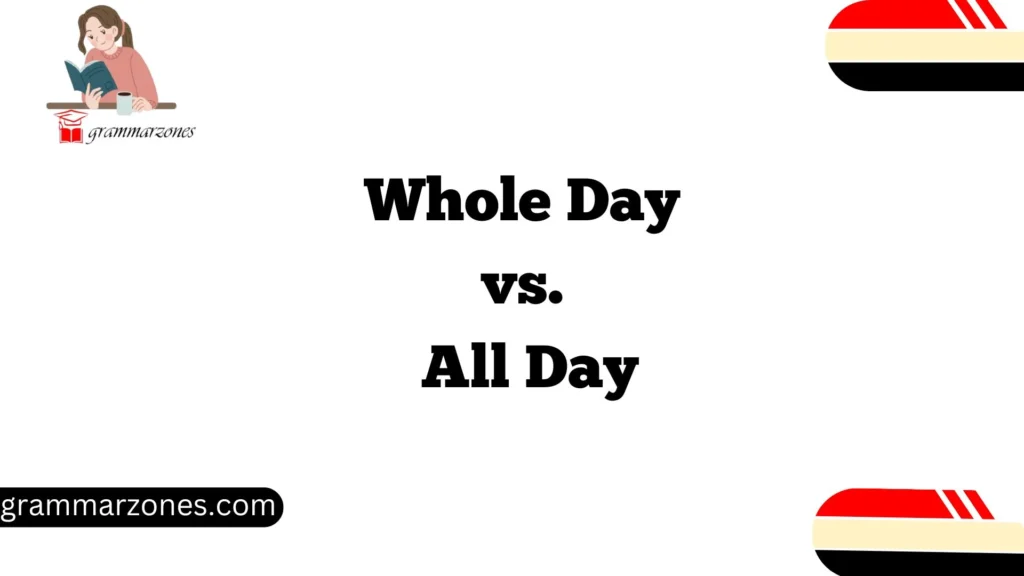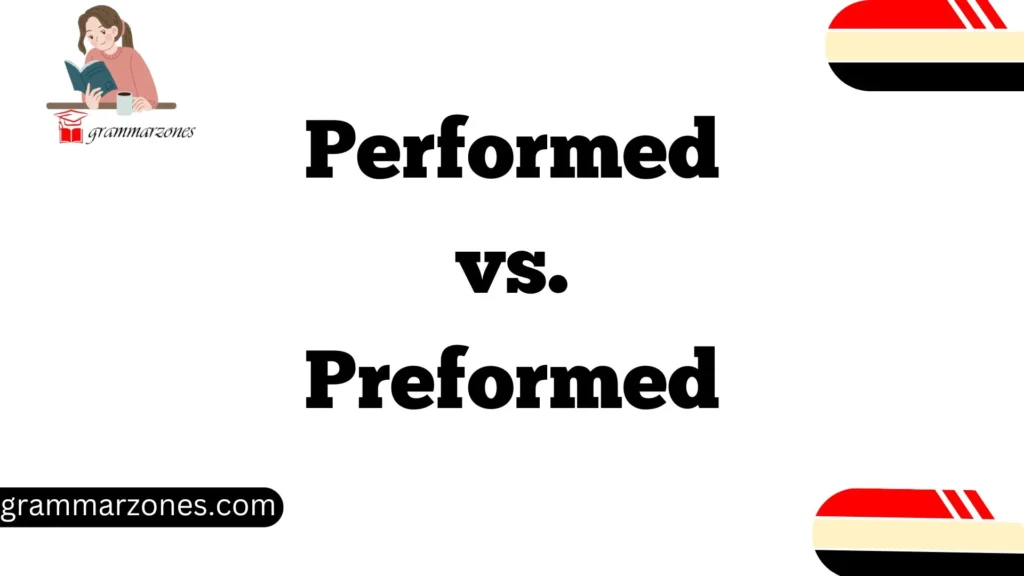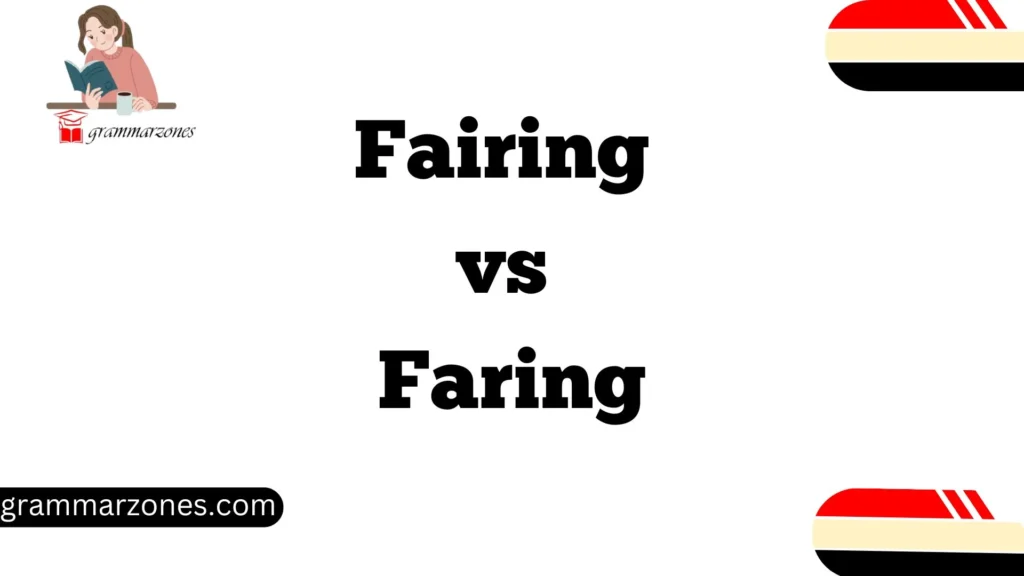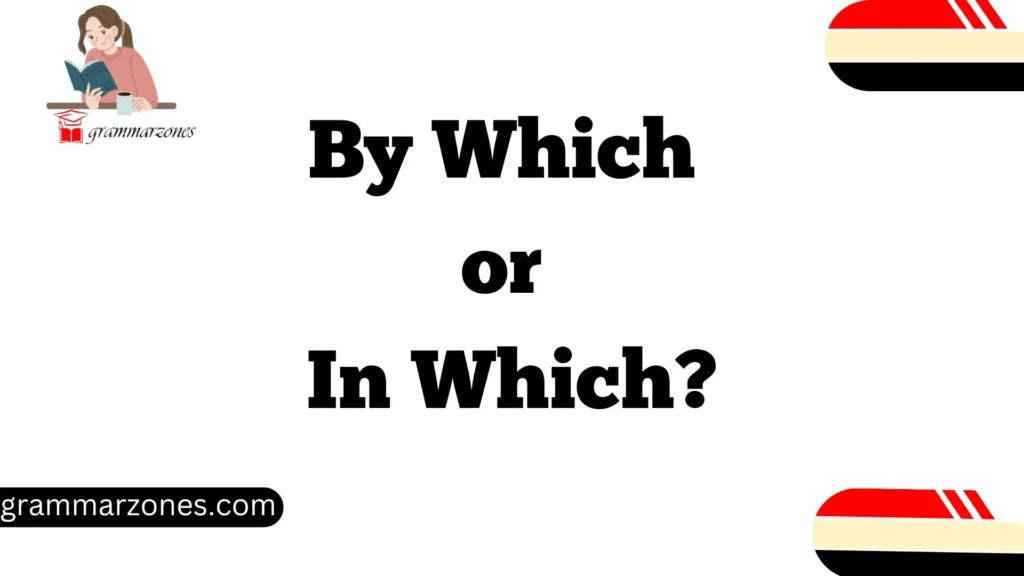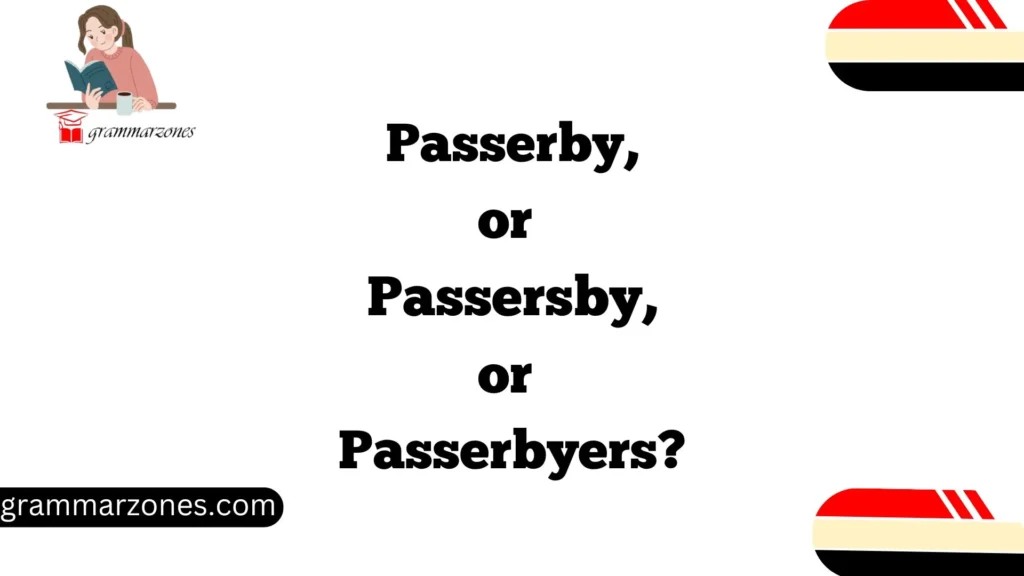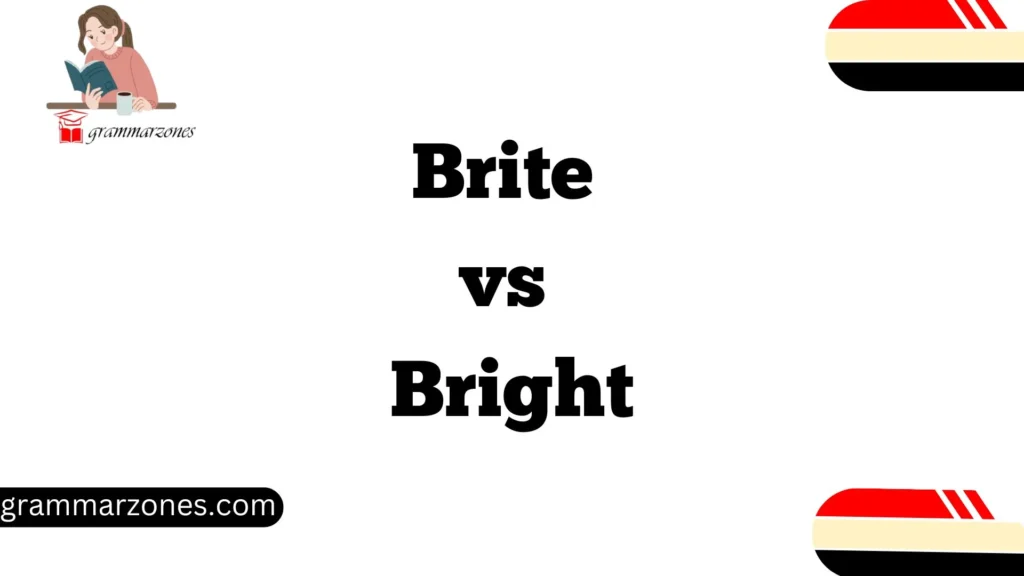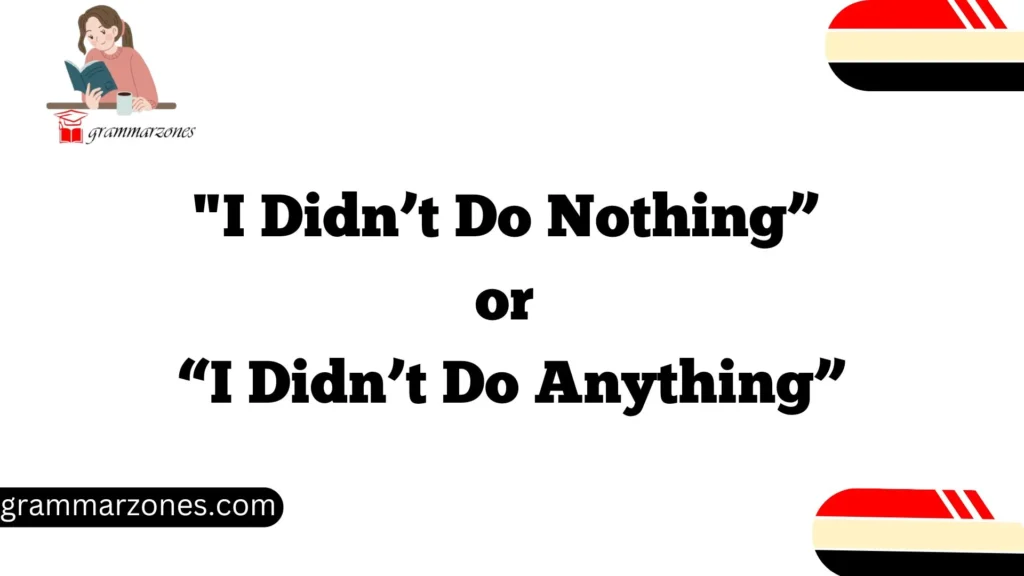In everyday conversation, English speakers often mix up similar-sounding phrases. One common pair of such phrases is “whole day” and “all day.” While both expressions seem to refer to the same concept—the duration of a day—each one has subtle differences that can influence how we communicate.
When should you use “whole day” versus “all day”? Are there particular contexts that call for one over the other? Understanding these differences will help you sound more precise and fluent in both written and spoken English.
This article will not only clarify the distinction between these two phrases but also provide real-life examples, grammar tips, and insights into common mistakes people make. By the end of this post, you’ll be confident in choosing the right phrase for any situation.
What is the Difference Between “Whole Day” and “All Day”?
At first glance, the phrases “whole day” and “all day” may seem nearly identical, both implying an entire day. However, they are used differently depending on the context.
- Whole Day generally refers to a full 24-hour span or the significant portion of the day. It’s more neutral, focusing on the concept of a day as a complete unit of time.
- All Day emphasizes continuous action or activity that lasts throughout the day without interruption, implying that something occurred throughout the day with no breaks.
In short, while both expressions refer to the full span of a day, “whole day” is more about the span of time itself, whereas “all day” stresses the unbroken nature of an action or event.
The Meaning of “Whole Day” and How to Use It
Definition of “Whole Day”
The phrase “whole day” means the complete 24-hour period of a day. It refers to the entirety of the day without specifically highlighting whether the day involved continuous activity or not.
For example:
- “I spent the whole day at the beach.”
- Here, it indicates that the speaker was at the beach for the entire day, but not necessarily non-stop or without breaks.
- Here, it indicates that the speaker was at the beach for the entire day, but not necessarily non-stop or without breaks.
- “She worked the whole day on the project.”
- This example also refers to spending the entire day on a particular task but doesn’t emphasize that the work was continuous.
- This example also refers to spending the entire day on a particular task but doesn’t emphasize that the work was continuous.
While “whole day” can sometimes imply that you spent a lot of time doing something, it doesn’t necessarily carry the connotation of an uninterrupted sequence of events.
Common Contexts for “Whole Day”
“Whole day” is often used when:
- Describing a day in a more general sense, without focusing on specific activities.
- Referring to a time span that includes breaks or interruptions.
- Talking about something that occurred throughout the entire day, but not continuously.
The Meaning of “All Day” and How to Use It
Definition of “All Day”
“All day” refers to a continuous stretch of time throughout the day, often emphasizing that something happened without a pause or break.
For example:
- “He worked all day on that report.”
- In this case, the phrase emphasizes that the person worked non-stop through the day, implying no breaks or interruptions.
- In this case, the phrase emphasizes that the person worked non-stop through the day, implying no breaks or interruptions.
- “We were at the park all day.”
- Here, the phrase suggests that the person spent the entire day in the park, likely engaged in activities continuously, without stopping.
- Here, the phrase suggests that the person spent the entire day in the park, likely engaged in activities continuously, without stopping.
“All day” generally conveys an uninterrupted period, which is why it’s often used to describe actions or events that take place without pause.
Common Contexts for “All Day”
You would use “all day” in situations where:
- You want to highlight that something took place continuously throughout the day.
- The action or event was non-stop or lasted for the entire day without any significant breaks.
Comparing “Whole Day” and “All Day” Through Examples
Example 1: Whole Day vs. All Day
Whole Day Example:
- “I spent the whole day cleaning the house.”
- This suggests that the cleaning task was spread across the entire day, but it doesn’t mean the person worked non-stop. There might have been breaks for meals, rest, or other activities.
- This suggests that the cleaning task was spread across the entire day, but it doesn’t mean the person worked non-stop. There might have been breaks for meals, rest, or other activities.
All Day Example:
- “I worked all day in the garden.”
- This implies that the person worked continuously from morning until night, without stopping, emphasizing the duration and effort.
- This implies that the person worked continuously from morning until night, without stopping, emphasizing the duration and effort.
Example 2: Different Emphases in Meaning
- “He watched TV the whole day.”
- This could imply he spent a good portion of the day watching TV but might have had breaks in between.
- This could imply he spent a good portion of the day watching TV but might have had breaks in between.
- “He watched TV all day.”
- This phrase suggests a more continuous, unbroken period of watching TV, where the person likely did not stop.
- This phrase suggests a more continuous, unbroken period of watching TV, where the person likely did not stop.
These examples illustrate how “whole day” can refer to the entirety of the day in a more general sense, while “all day” implies a sense of uninterrupted activity.
When to Choose “Whole Day” vs. “All Day”
When to Use “Whole Day”
“Whole day” is ideal for:
- Non-continuous activities: If you want to indicate that something happened throughout the day but with intervals or breaks, “whole day” is the better choice.
Example: “We had fun the whole day.” This implies a full day of fun, but not necessarily non-stop. - Describing a complete time period: If you’re just talking about a full span of the day without emphasizing action or continuity.
Example: “I spent the whole day at home.” This indicates the entire day was spent at home, but doesn’t emphasize constant activity.
When to Use “All Day”
“All day” works better when:
- Describing continuous action: When you want to emphasize that something was done continuously or without pause.
Example: “She was studying all day for the test.” This implies that studying occurred without any significant breaks. - Focusing on duration: If the emphasis is on the fact that something lasted the entire day, rather than merely happening throughout the day.
Example: “They played basketball all day.” This suggests continuous action, indicating that the activity occurred non-stop from morning to night.
Common Mistakes to Avoid
Despite the simplicity of the phrases, many English learners (and even native speakers) make mistakes when using “whole day” and “all day.” Here are some common errors and how to fix them:
Incorrect Usage of “Whole Day” and “All Day”
- Using “Whole Day” for Continuous Activity:
- Incorrect: “She worked the whole day on the project without breaks.”
- Correct: “She worked all day on the project without breaks.”
- Since the sentence emphasizes continuous activity, “all day” is more appropriate.
- Since the sentence emphasizes continuous activity, “all day” is more appropriate.
- Incorrect: “She worked the whole day on the project without breaks.”
- Using “All Day” for a Non-continuous Activity:
- Incorrect: “We visited the museum all day.”
- Correct: “We visited the museum the whole day.”
- This suggests the visit wasn’t continuous, and breaks might have been taken during the visit.
- This suggests the visit wasn’t continuous, and breaks might have been taken during the visit.
- Incorrect: “We visited the museum all day.”
By keeping these differences in mind, you can avoid common pitfalls and improve the accuracy of your English expression.
Regional Variations: How American and British English Differ
While both “whole day” and “all day” are used in American and British English, there are regional preferences for these phrases.
- In American English, “all day” is often used more frequently to imply continuous action.
Example: “We hiked all day in the mountains.” - In British English, “whole day” is sometimes more common for describing a complete period of the day.
Example: “We spent the whole day sightseeing.”
While both versions are correct in each dialect, it’s essential to recognize regional preferences to avoid sounding unnatural.
Conclusion
Now that we’ve broken down the nuances between “whole day” and “all day,” you should be able to use these phrases with confidence. While they both refer to the entire duration of a day, the key distinction lies in whether you’re emphasizing a continuous action or simply referring to a complete day.
- “Whole day” is best for indicating a full span of time, whether the activity is continuous or not.
- “All day” emphasizes continuity, focusing on the uninterrupted nature of an action or event.
Frequently Asked Questions (FAQs)
1. Is it wrong to say “the whole day” or “all day” interchangeably?
While it’s not necessarily “wrong,” using “whole day” and “all day” interchangeably can lead to confusion. Each phrase has its own specific meaning, so it’s better to use them correctly to ensure clear communication. “Whole day” refers to the entire 24-hour period, while “all day” suggests continuous activity throughout the day.
2. Can I use “whole day” when I mean something continuous?
It’s not ideal. If you’re referring to an uninterrupted action, “all day” is the more appropriate choice. For example, instead of saying, “I worked the whole day on my project,” say “I worked all day on my project” to emphasize the continuous nature of the task.
3. Can “whole day” be used for both formal and informal contexts?
Yes, “whole day” can be used in both formal and informal contexts. It’s a neutral phrase, perfect for general statements about time. For example, you can say, “He spent the whole day in meetings” in a professional setting or “We had fun the whole day” in casual conversation.
4. Is “all day” used more in American English than British English?
Yes, “all day” tends to be more common in American English, especially when referring to continuous action. In British English, “whole day” may be used more often to describe a complete 24-hour span. However, both phrases are understood in both dialects.
5. How do I know when to use “whole day” or “all day”?
To simplify:
- Use “whole day” when referring to the entire period of a day, but not necessarily with continuous activity. For example, “I was out the whole day.”
- Use “all day” when you want to emphasize that an action or event took place without interruption. For example, “We waited all day for the concert to start.”

Grace Marie is the passionate mind behind GrammarZones.com, dedicated to helping writers, students, and professionals master the art of grammar and effective communication. With years of experience in language studies and a deep love for writing, Grace simplifies complex grammar rules, making learning engaging and accessible.
